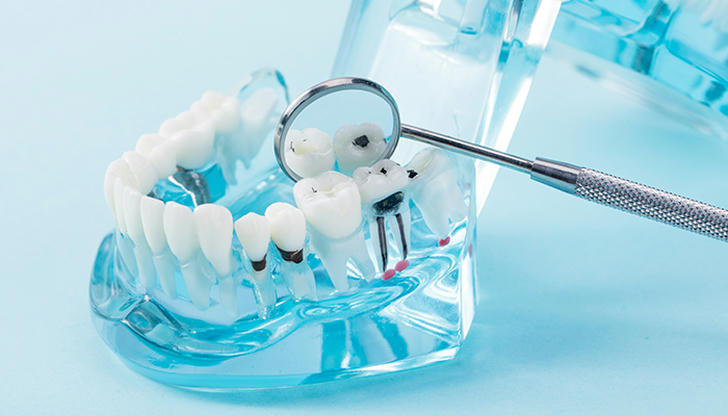What Sugar Does To Kids: Five Shocking Ways Sugar Affect Their Health

Your child may be exposed to more added sugars than you are. In other words, the way that sugar affects kids is not something that adults typically think about. However, when we do think about it, it can be pretty shocking. There’s a lot of research out there on the subject of how much added sugar kids eat and its effects on their health. In this article, we’ll explore five of those shocking effects so that you can start having conversations with your child today so that they don’t continue to develop bad habits tomorrow.
1. Added Sugar May Cause Dental Decay

Sugar is a great source of energy for the body, but it’s also extremely acidic, which is why it damages tooth enamel and causes cavities. According to the American Dental Association, added sugar should make up less than 25% of your daily calories. Remember, this is for adults, as we usually consume less sugar than children do. You should also take a closer look at your child’s health to determine if he or she has any risk factors for dental decay, like being a baby whose teeth haven’t fully emerged yet. If you determine that your child is consuming more added sugar than you realized and also has signs of dental decay, you can talk to your child’s doctor.
2.It Causes Obesity

Increased added sugar intake has been found to be one of the strongest risk factors for obesity. If your child is overweight or obese, you can try to determine the cause by looking at his or her diet. Does your child consume a lot of added sugar? If so, you can talk to your doctor about potentially changing your child’s diet to reduce added sugar intake. You can also try educating your child on how important it is to eat whole foods and limit processed foods. You can also try implementing a “sugar free dessert once a week” rule so that your child doesn’t forget about how important it is to be healthy.
3.It Can Also Lead To Heart Disease

Too much sugar can also lead to heart disease. A 2015 study found that people who consume high amounts of sugar are at a significantly higher risk of developing heart disease. This is because sugar is converted into fat when it enters the body, and the excess fat can lead to heart disease. In fact, according to the study, people who consumed the most added sugar were found to have the highest levels of triglycerides, or “bad fats,” in their blood. This means that people who consumed the most added sugar were at the highest risk of developing heart disease. If your child has a high risk of heart disease, you can discuss the importance of limiting added sugar intake.
4.It Affects Brain Development In A Negative Way

Kids who consume high amounts of added sugar are at a significantly higher risk of developing cognitive issues like autism, ADHD, and schizophrenia. A 2013 study found that people who consumed high amounts of added sugar were almost twice as likely to develop these issues as people who consumed low amounts of sugar. If your child has been diagnosed with one of these conditions, you can try to reduce your child’s sugar intake as much as possible. You can try limiting your child’s sugar intake from beverages like pop, juices, and sweetened coffee drinks. You can also try limiting your child’s sugar intake from processed foods, which are common ingredients in many packaged foods.
5.It Creates Long-Term Health Issues

Kids who consume too much added sugar are at a significantly higher risk of developing long-term health issues, like increased risks of obesity, heart disease, and type 2 diabetes. A 2017 study found that people who consumed the most added sugar were at the highest risk of developing type 2 diabetes. Try to talk to your child about the importance of eating healthy, whole foods, and limiting added sugar intake as much as possible.

